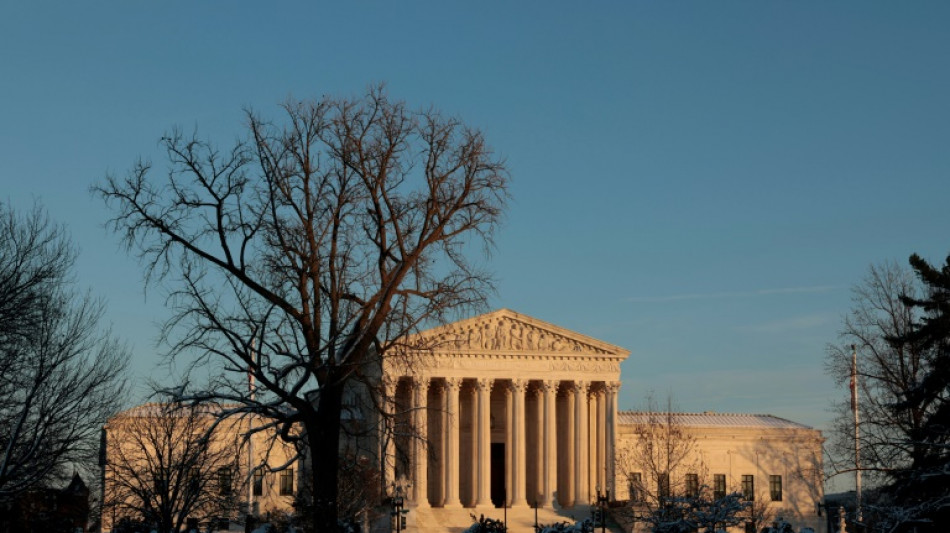

US Supreme Court to determine fate of Pissarro painting looted by Nazis
The US Supreme Court on Tuesday weighed the fate of a painting by Camille Pissarro looted by the Nazis in 1939 and currently on display at a gallery in Spain.
The 1897 painting, "Rue Saint-Honore in the Afternoon. Effect of Rain," like some other works by the French impressionist, is at the heart of a long legal battle with international ramifications.
The painting, now estimated to be worth around $30 million, once belonged to Lilly Cassirer Neubauer, a member of a prominent German Jewish family.
Neubauer was forced to hand it over for a pittance to the Nazis in 1939 in exchange for the visa which allowed her to leave Germany.
The Neubauer family lost track of the painting after World War II and accepted compensation of $13,000 from the German government in 1958 but did not waive their rights to the artwork.
The painting changed hands several times in the ensuing decades before ending up with the Thyssen-Bornemisza museum in Madrid.
It was acquired in 1976 by Baron Hans-Heinrich Thyssen Bornemisza, heir to the Thyssen industrial group, from the Stephen Hahn Gallery in New York.
Claude Cassirer, Neubauer's grandson, discovered in 2000 that the painting was on display in Madrid and launched legal efforts in Spain and California to recover it.
Cassirer died in 2010 at the age of 89 but his children, David and Ana, have pursued the court challenges.
After suffering defeats in courts in Spain and California, the Supreme Court represents their final hope.
The highest US court will decide whether Spanish law or US state law applies in the case.
Under Spanish property law, a purchaser is not required to return an item if it was not known at the time that it may have had illegal origins and they have possessed it for at least six years.
"At no point were the Baron's title to the painting nor his good faith in its acquisition called into question," according to a statement by the museum.
Under California law, a looted or stolen item cannot be passed on even if it was purchased in good faith.
The court heard technical arguments on Tuesday as to which law should apply and is expected to render its decision in several months.
The Nazis are estimated to have plundered some 600,000 artworks in Europe, according to a US congressional report, and courts on both sides of the Atlantic have regularly heard cases designed to restore items to their original owners.
A.Goretti--IM



